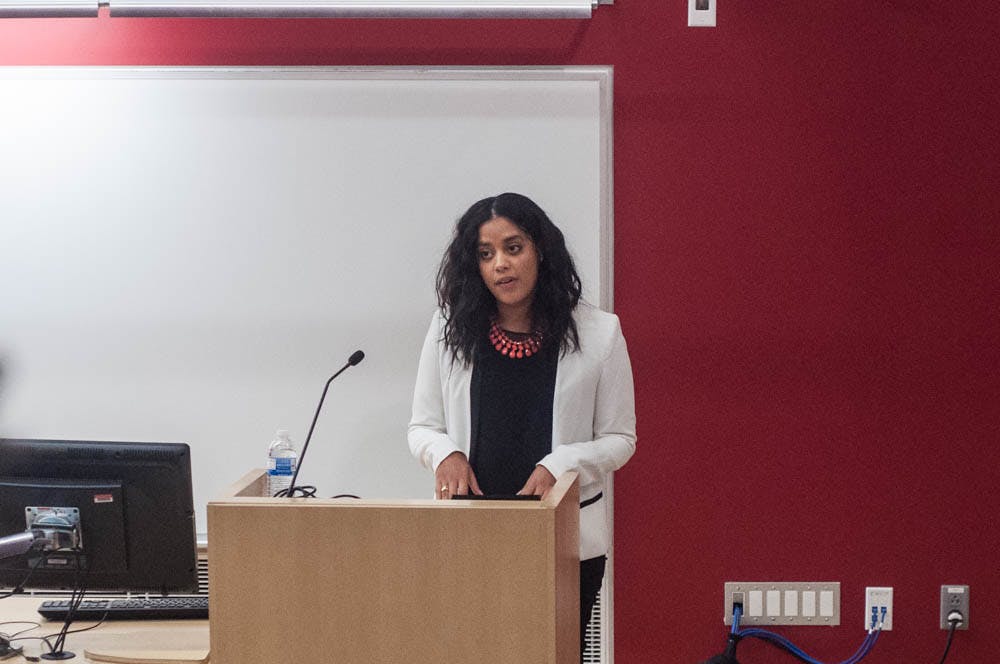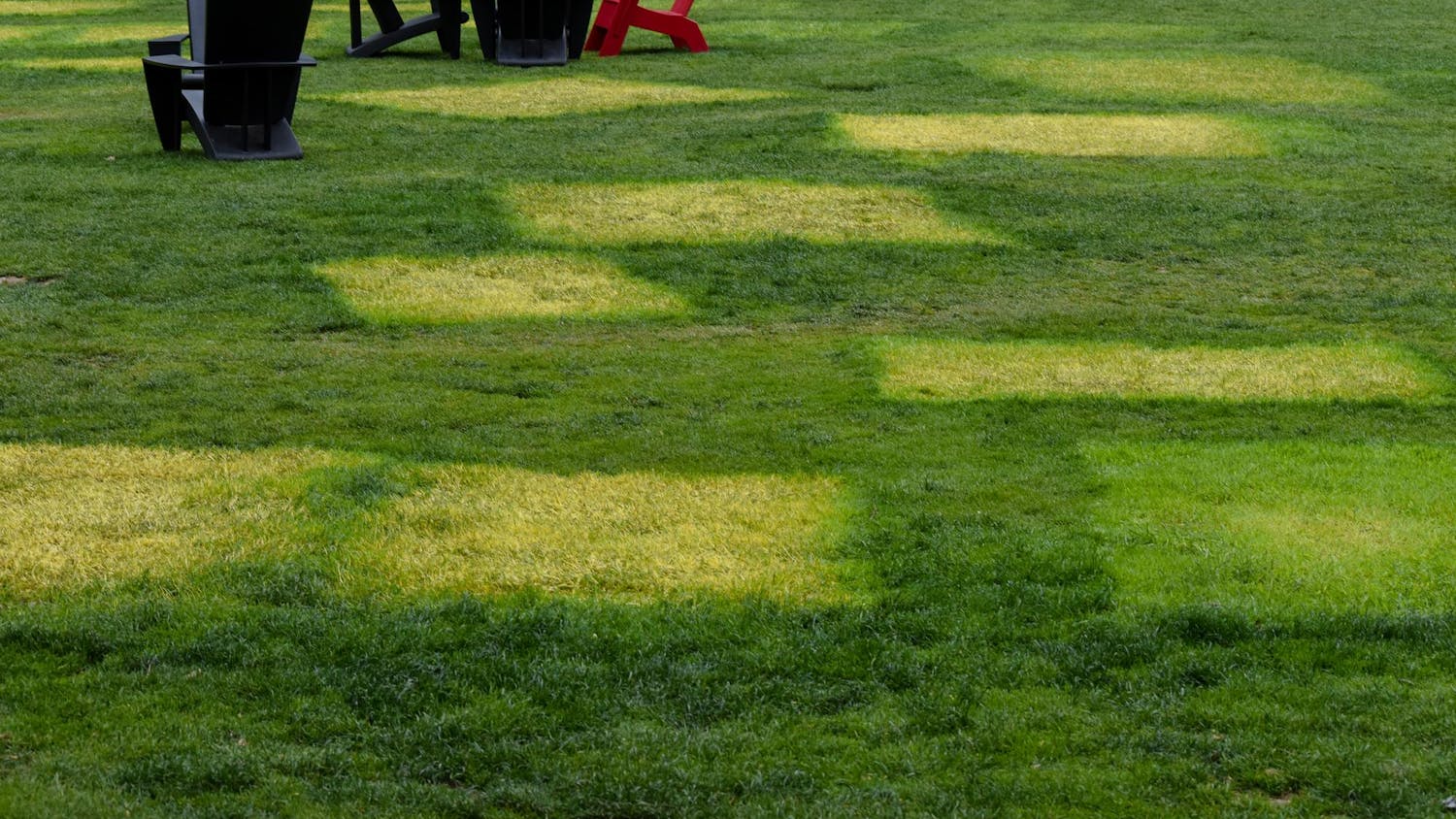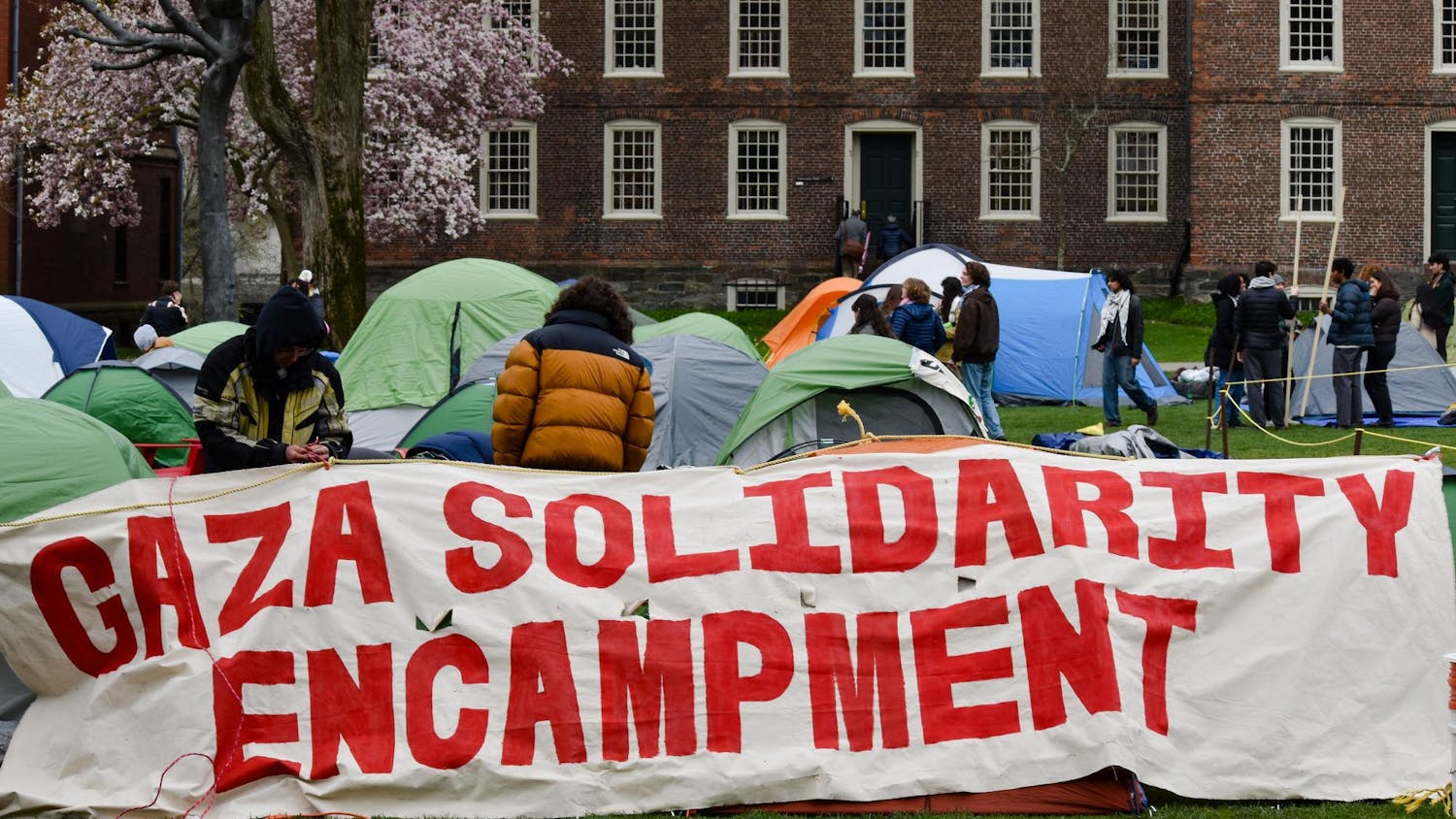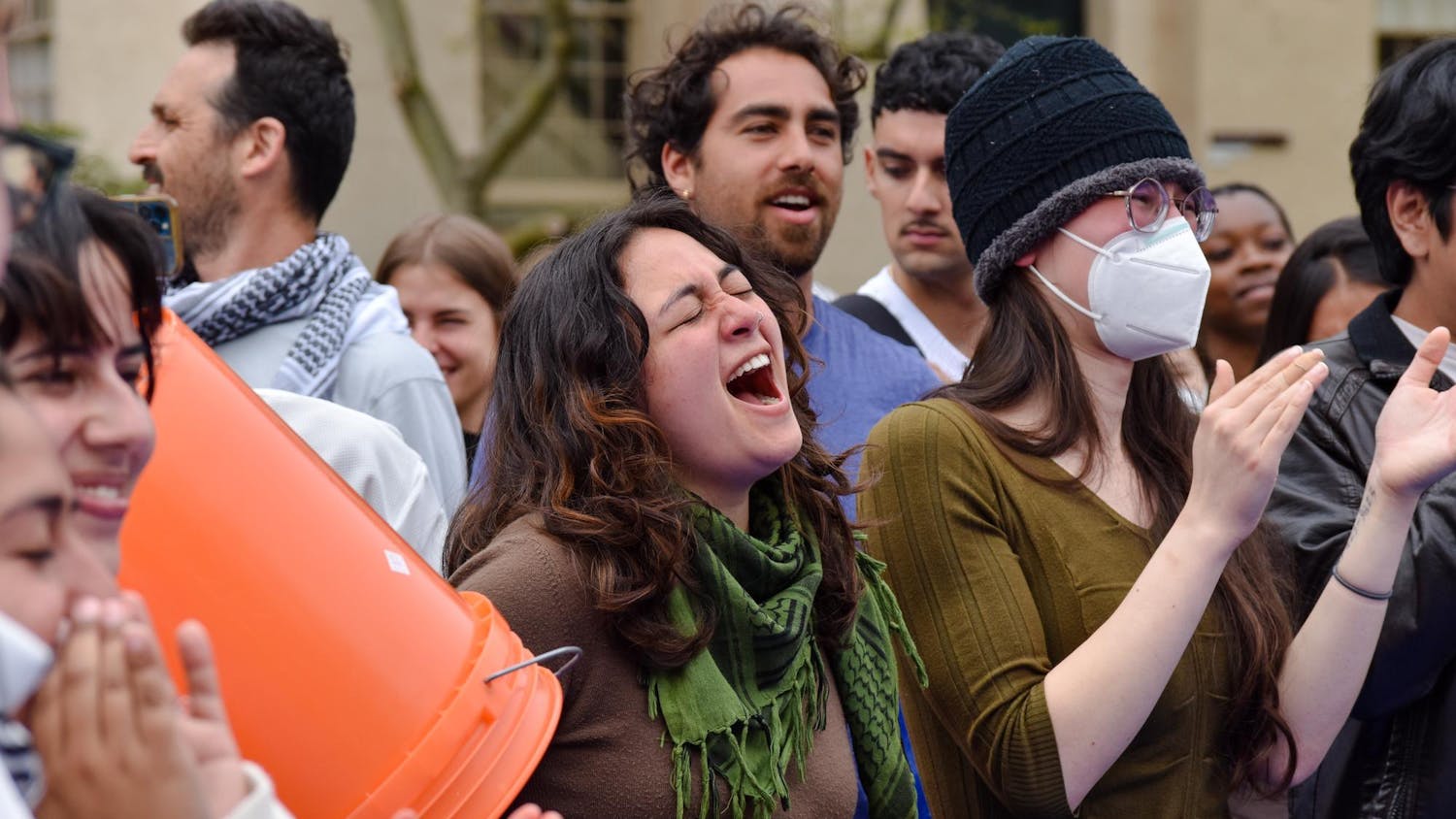Over 200 students came to College Hill this weekend for the Latinx Conference, representing two different umbrella organizations, over 18 East Coast schools and the many Latinx groups — Afro and queer, multiracial and Spanish-speaking, Indigenous and trans* — to which they belong.
The merging of the two organizations, the Ivy League Latinx Conference and East Coast Chicano Student Forum, was the product — “somewhat by accident, somewhat by purpose,” according to planning committee member Kevin Melendez ’16 — of a convergence of factors.
Last fall, the students of the ECCSF, a 14-school organization of Chicanx students, decided to give the bid for the group’s spring 2016 convention to Brown. Just a week later, at the Ivy League Latinx Conference held at Brown, a Dartmouth delegate to the conference was assaulted by a DPS officer. In response, President Christina Paxson P’19 offered to fund another Latinx conference, Melendez said.
Despite the differences between the Mexican-focused ECCSF and the Ivy-focused Latinx Conference, student organizers decided to combine the two gatherings into a first-ever collaboration of the like-minded but distinct groups.
“Based on how things went last semester, people came in a little skeptical,” Melendez said. “But the energy was really good the first night, and that has carried through. I think there is a real wish to make change at people’s respective campuses based on what they’ve learned here.”
The DPS assault was on students’ minds but did not dictate the tone of the conference, said Julia Montejo, a student from Cornell.
“This shit happens at our school too. It could have happened anywhere,” Montejo said. “If anything, it changed our perspective of Brown because the administration actually did something instead of scooping it under the rug.” Montejo added that the incident was a reminder that there is always more work for student advocates to do.
The participants built foundations for this work over the course of a packed three-day schedule, which included a panel on solidarity with Afro-Latinx activists, a teach-in from the Students Against the Prison-Industrial Complex and a workshop on self-care.
These events balanced the pragmatic — like learning to write op-eds — with the reflective. “Expect and accept a lack of closure — we are not solving anything,” said Carlos Andrés Gómez, workshop leader, award-winning poet, actor, speaker and Latinx activist. “If we solve anything today, we should probably be concerned. We should be suspicious of that. We should kick up dirt and connect.”
Gómez, who brought memories of his own family members into the room, shared a few stories for his kicked-up dirt to resonate with participants’ experiences and identities.
One story about growing up in the machismo of Colombian culture triggered a cascade of similar vignettes: a father who wouldn’t let a participant sweep because only girls clean; a mother who let a participant and his brothers play outside while the girls had to come inside.
“I’m not an expert; I’m just your boy Carlitos,” Gómez said. “But I have this belief system that the way we can meaningfully deal with these issues and build community and solidarity with each other is by sharing stories. I believe courageous dialogue and personal narrative are the two most powerful forces in the universe.”
Storytelling was the most common vehicle of exploration at the conference. Tanya Hernandez ’86 P’20 told her stories through the personal lens of an Afro-Latina Brown graduate and the professional lens of a lawyer. In a workshop titled “Racial Diversity and the Latinx Voice,” she challenged the notion that the Latinx community is free of racial prejudice, eliciting stories from participants who grew up in Mexican villages where status was predicated on skin color.
Some workshops offered storytelling in its classic form, most notably during a session led by Maria Hinojosa, the host of the long-running weekly National Public Radio show “Latino USA.”
“She is incredible and a personal hero of mine,” Montejo said. “We cried together — literally. I actually came out as undocumented because of her podcast. … It’s really changed my life to be able to talk about my story.”
In some ways, participants hope this exchange of experiences and ideas will translate into action. For example, representatives from Mount Holyoke shared their experiences opening a new undocumented students resource center. “That’s something we are working towards at Cornell, so it was really interesting to hear their perspectives,” Montejo said.
But perhaps more important was the community built and confidence gained. “I have realized how important it is to be able to have a community of people that you really are able to identify with,” said Stephanie Sanchez ’17, adding that she hopes to bring her skills back to her predominantly Spanish-speaking, low-income neighborhood in Los Angeles.
Having woven together their differences with the common thread of their Latinx experiences, Montejo said, the participants will return to their campuses with the knowledge that activism is necessary in all its forms — protests, conferences, storytelling and simply showing up.





